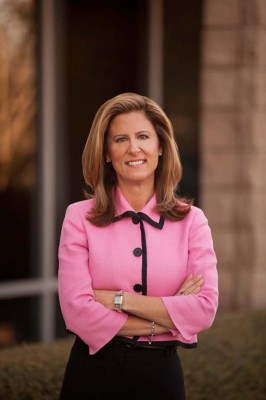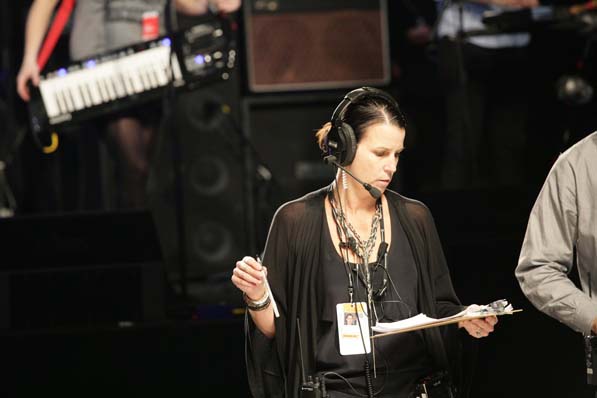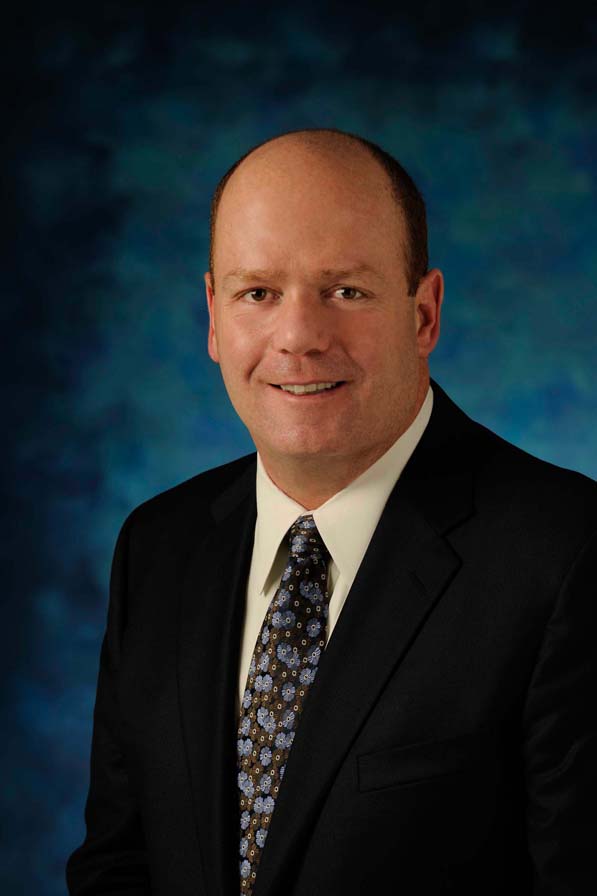 » Both of my parents, who were teachers, thought I’d be a teacher. But early on I knew there was something that drew me to business. I knew business was where I could lead and influence people.
» Both of my parents, who were teachers, thought I’d be a teacher. But early on I knew there was something that drew me to business. I knew business was where I could lead and influence people.
» I put myself through school by having three jobs in college. I was the resident assistant at my college, I worked part-time in a women’s clothing store, and I had a paid internship at a plastics-manufacturing company doing telemarketing.
» These three jobs could not have been more different, but in each job I had this yearning to know everything about the products I was selling and the people I was selling to.
» I even asked to work on the manufacturing line in the plastic company so I could understand the process.
» The best business decision I’ve ever made was to go into sales.
» I love to compete, I love to win. And I also liked the fact that your success at winning directly related to how much money you could make. Choosing to begin my career in sales paid off nicely, but, when I was younger, if you would have told me that I was going to college to be a salesperson, I would have laughed at you.
» I started my career with Xerox. It was an incredible training ground that taught me the fundamentals of business. All of their sales training centered around listening to your customers, learning their business, and walking in their shoes.
» In every role, customer service was a focal point. It wasn’t just about what you did for customers, but what you learned about them so that you could better meet their needs.
» The best women CEOs I have met are those who were not aspiring to be a CEO. I’m hardworking and I have a huge passion for learning, but I didn’t aim my career at one day becoming a CEO.
» You have to know your business, you have to lead by example, and you have to take risks. There are no shortcuts in this process.
» The best advice I could give other women is to not be afraid to disagree or provide another point of view. If you know your business and you’ve taken risks that have paid off, people will listen—you’ve earned that right.
» Being the resident assistant at my college was one of several life experiences that provided me many of the tools I still use today as CEO. During my sophomore year, I led a coed dorm; some of them were older peers, some younger.
» It was a rewarding experience, and, weirdly, it was also a lot like being CEO. I enforced the rules and pledged to lead by example. It was also my job to unite a diverse group of people for a common goal. Sound familiar?
» Being a leader of your peers is challenging and lonely, because it falls on your shoulders to make the tough decisions. But the rewards far outweigh the challenges.
» When I became CEO and president, I was initially overwhelmed with the realization of just how many people were relying on me to lead: my employees, my customers, my family. Initially, I struggled to find balance.
» I realized, however, that my life will never be perfectly balanced, and I’ve given up on the idea.
» I have become one of the best jugglers, and, luckily, I have family, friends, and coworkers who enjoy being in this very well-rounded circus with me.
» When hiring, I’m looking for aptitude, attitude, and presence. I’m looking for people who don’t just learn their job, but who learn as much as they can on the job.
» I like to surround myself with great, smart, passionate people and promote the hell out of them.
» Bring in people who know what you don’t know, because their success will not only be your success, but the company’s success as well.
» The best way to motivate a team is by maintaining frequent and open communication, celebrating small victories, and tackling the tough decisions head-on.
» Being president and CEO requires that you be a lighthouse for the company and your customers: you’re on the lookout for what’s coming, but not visible to others.
» You have to create a vision and take risks. You need to show up every day ready to listen, learn, connect, influence, and inspire—and that requires that you be passionate about your job.

